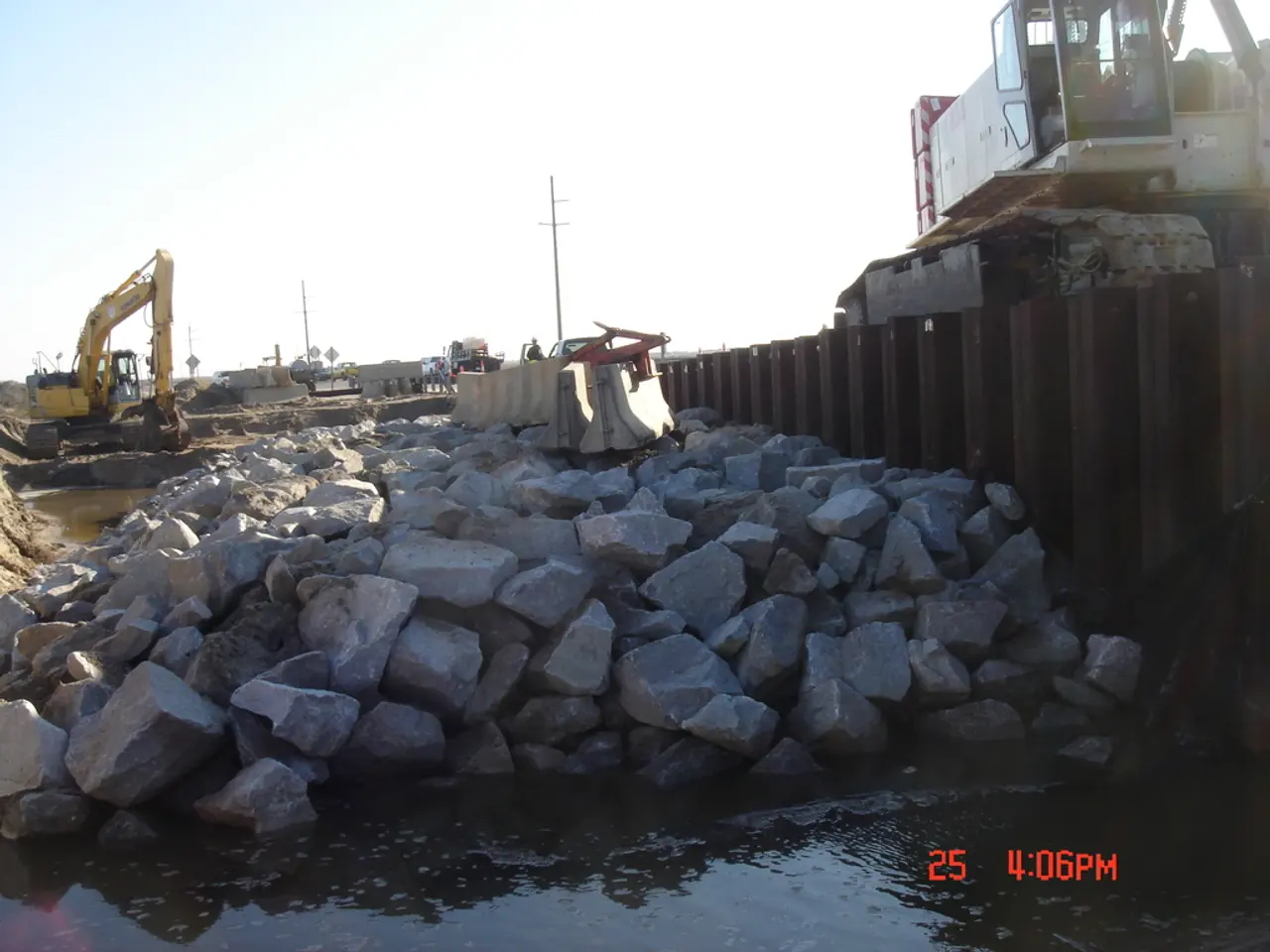Africa's Mineral Wealth: Opportunities and Challenges in the Green Energy Transition
Africa's mineral wealth presents both opportunities and challenges as the world transitions to renewable energy. The International Energy Agency predicts a quadrupling of demand for minerals like copper and nickel by 2040, driving a 'green minerals boom'. This boom could provide African nations with a route to economic diversification and industrialization by processing minerals domestically. However, improper mining practices and water scarcity pose significant threats.
Africa is blessed with approximately 30% of the world's mineral reserves, including substantial deposits of cobalt, lithium, copper, graphite, manganese, and rare earth elements. Countries like Namibia, Tanzania, and South Africa boast significant reserves, while the Democratic Republic of Congo (DRC) holds over 50% of global cobalt reserves, making it crucial to battery manufacturing.
However, the mining of these minerals demands substantial energy inputs, which can generate substantial carbon emissions if not powered by renewable energy sources. Moreover, improper handling of mine tailings and processing chemicals can lead to soil and water contamination, affecting communities for generations. For instance, open-pit mining in the DRC's cobalt-rich regions threatens biodiversity hotspots and transforms landscapes.
Zimbabwe has emerged as Africa's largest lithium producer, while Mozambique's graphite deposits are among the world's most significant. Yet, mining operations, particularly for lithium, require enormous water volumes in often water-stressed regions, leading to concerns about water table depletion and contamination. Countries rich in raw materials that can develop economically most effectively through expanding raw material processing capacities tend to be those with significant natural resource endowments and potential for value addition, such as some African nations like Morocco, Tunisia, and Egypt, which are increasingly in focus for industrial development and value chain enhancement.
The 'green minerals boom' offers African nations a pathway to economic diversification and industrialization. However, it also presents challenges that must be addressed, including the need for renewable energy to power mining operations, proper management of mine waste, and sustainable water use. With proper planning and investment, Africa can harness its mineral wealth to drive economic growth and contribute to the global transition to renewable energy.
Read also:
- Experiencing Life's Variety Firsthand: Gaining Insights from Life's Broad Spectrum of Experiences
- Impact of Complex Post-Traumatic Stress Disorder on Romantic Relationships: Symptoms, Causes, and Precautions
- Strategies for Keeping Work Reasonable and Rewarding for those with Autism and ADHD
- Impaired Driving Awareness Campaign Announced by MADD Under the Name "End Herre"








